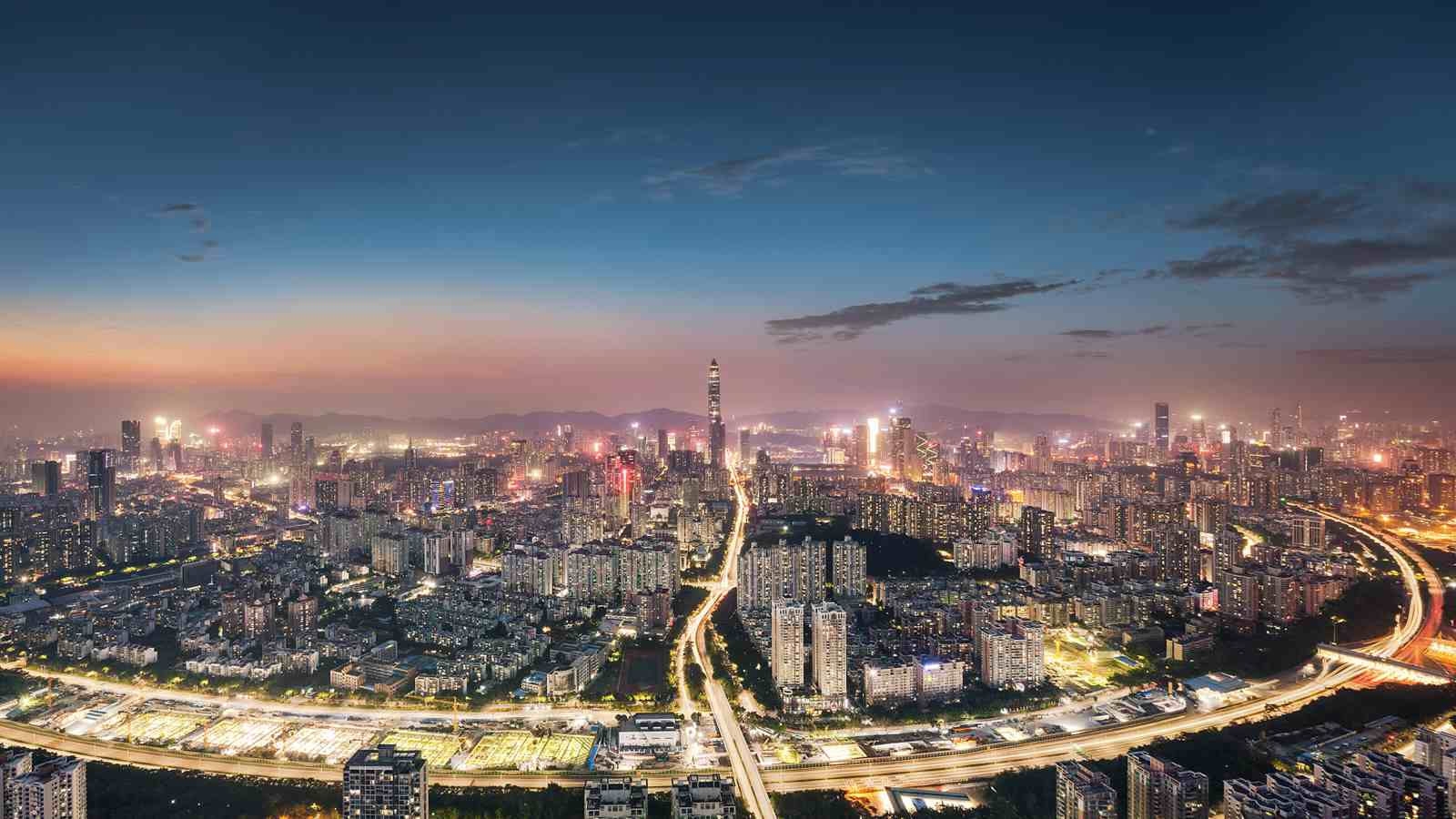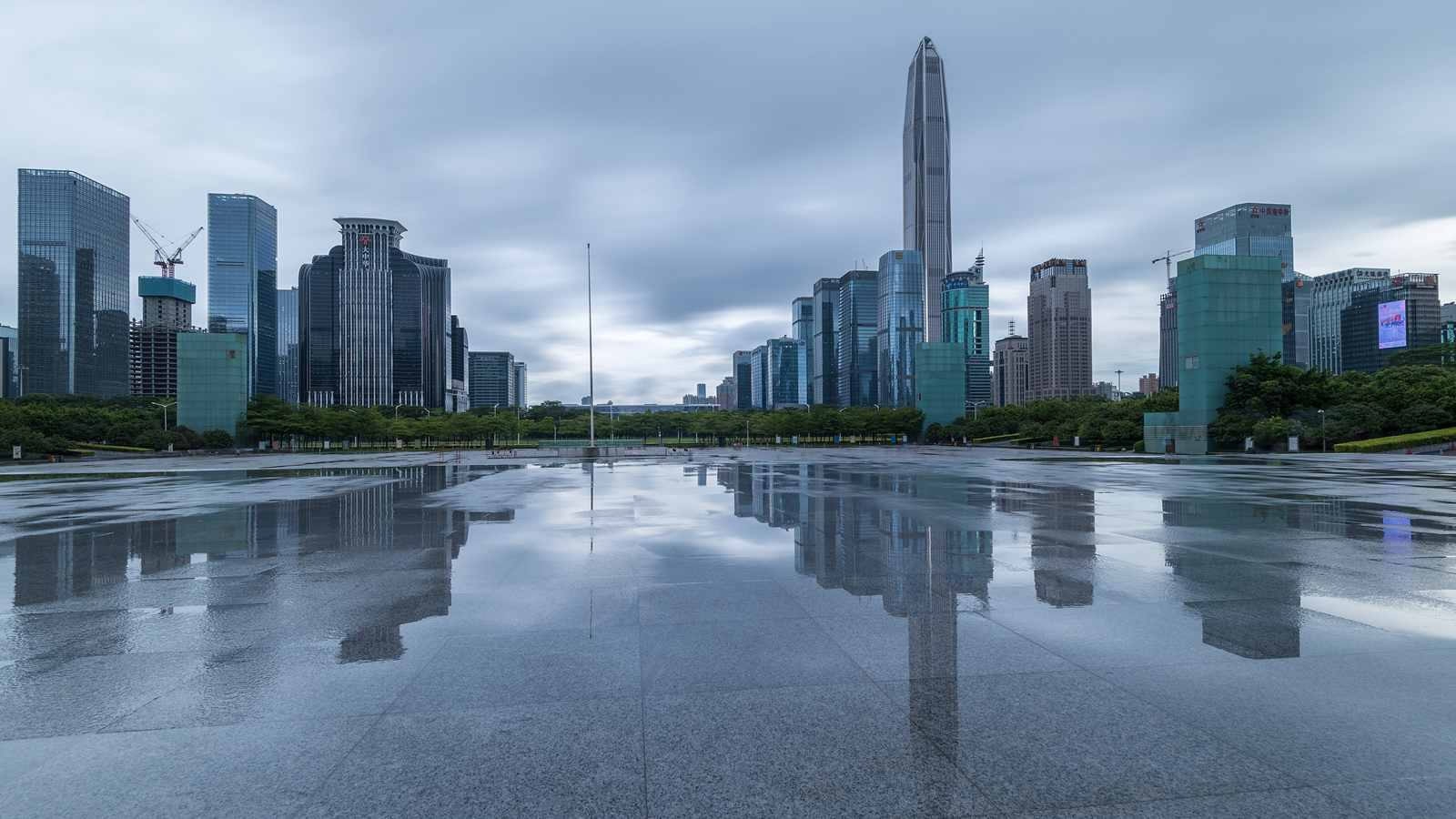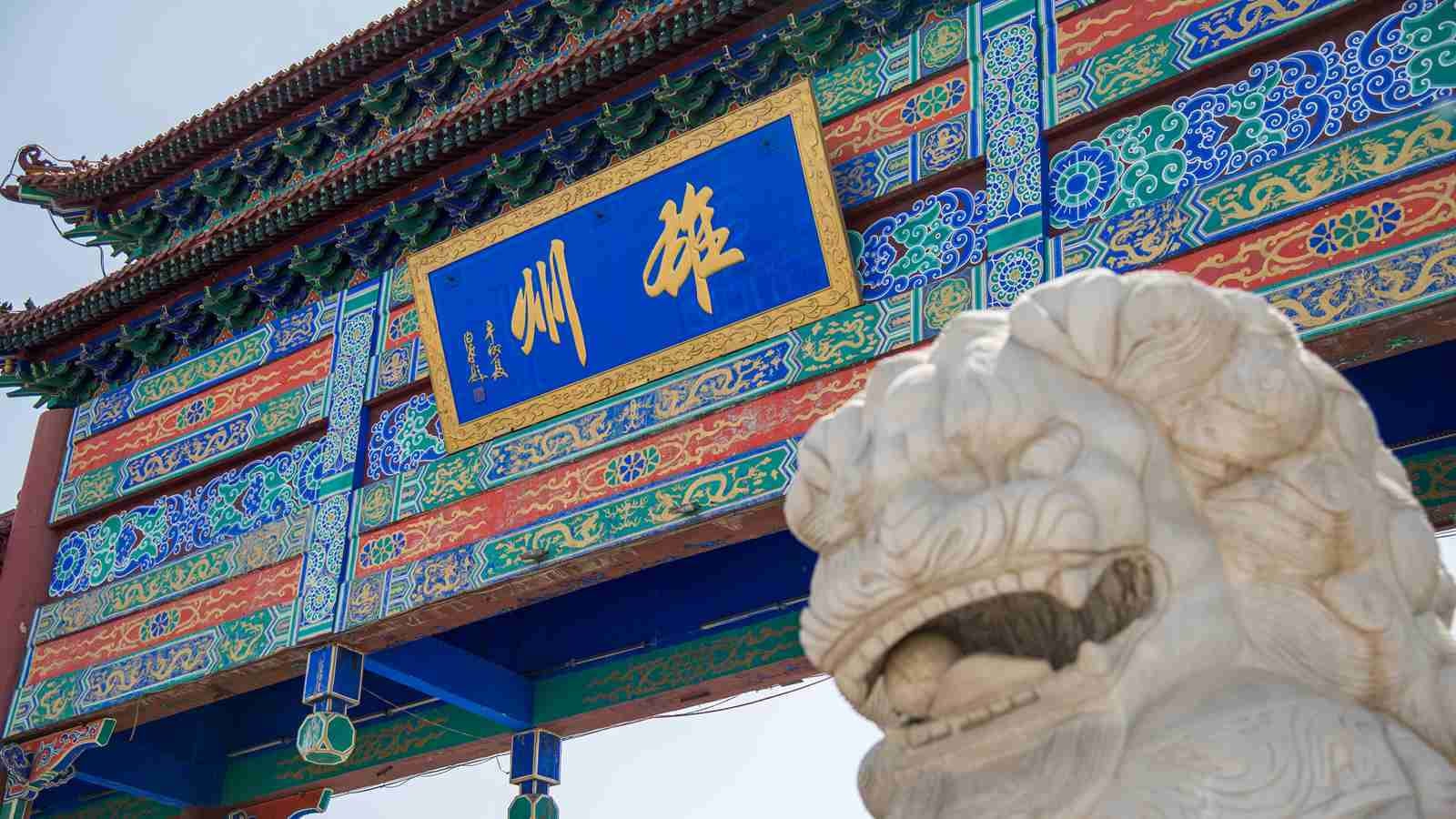
Business
21:20, 10-Apr-2018
China's regional hubs show new development philosophy
CGTN's Yang Chengxi

North China's Xiongan New Area and the Greater Bay Area of Guangdong, Hong Kong and Macao are among the most discussed topics at this year's Boao Forum for Asia (BFA). Participants say these regional strategies are perfect representations of the country's 21st Century development philosophy.
Many Chinese cities and areas are renowned for being part of the country’s flagship reform and opening up efforts. They represented the different development phases of China.

Shenzhen in Guangdong Province /VCG Photo
Shenzhen in Guangdong Province /VCG Photo
Shenzhen embodies the beginning of the country's trade-driven growth phase. Later, Shanghai's Pudong financial district symbolized the investment-driven phase. And now, China's fresh initiative – the Xiongan New Area in Hebei Province - is part of the country's “switch to innovation driven development”, said Yvonne Zhou, Partner & Managing Director of Boston Consulting Group.
By the first anniversary of its founding this April, the zone had already attracted and registered more than a hundred high-tech companies. China's top three tech powerhouses - Baidu, Alibaba and Tencent - have all launched projects there.
However, a lot of infrastructure still have to be developed to accommodate companies and their staff. The New Development Bank (NDB), formed by BRICS nations, is in talks with the local government to assist in the construction of Xiongan.

Xiongan New Area /VCG Photo
Xiongan New Area /VCG Photo
NDB’s Vice President Zhu Xian told CGTN that they would also focus on making the new area “more innovative, more digitalized, more green and sustainable”, besides providing convenient financing.
Apart from Xiongan, there is also the Greater Bay Area of Guangdong, Hong Kong and Macao. Zhu said these ambitious regional strategies represent the development philosophy of today's China, acknowledgement that further openness and innovation is the way to succeed in the 21st Century.
“Before, cities in China competed like many different companies. That's great for GDP growth, but now we are talking about more coordination, more diverse characteristics, so that clusters actually could become a much more powerful base than one individual city," Zhu noted.

SITEMAP
Copyright © 2018 CGTN. Beijing ICP prepared NO.16065310-3
Copyright © 2018 CGTN. Beijing ICP prepared NO.16065310-3